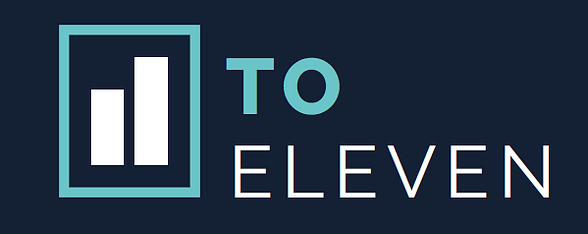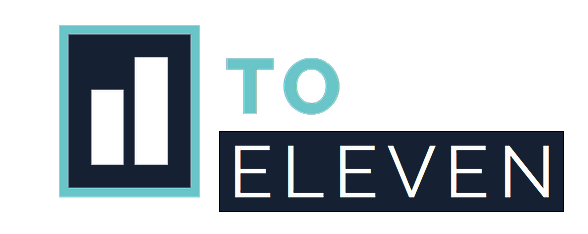If Everyone is Special, Nobody is Special
Reading this piece on grade inflation in the NY Times yesterday, I was reminded of a phrase that bounces around my brain with some regularity:
If everyone’s special, nobody is special.
This phrase resonates with me on so many levels and rests on some simple truths:
We are NOT all equally talented, gifted, skilled, motivated, or proficient, in the same areas. Nor would it be much fun if we were.
We humans vary in all sorts of traits and not just physical ones. There is variation in likes, dislikes, preferences, motivations….and so much more.
If we walk around thinking a) we’re amazing at every single thing we do, and b) it’s pretty easy to be amazing at every single thing we do, we are setting ourselves up for a rude awakening one day. The day we are confronted with a struggle, or not being able to master something immediately. When this happens, and it will, how likely are we to persist and try and work through the early stages of learning to do something that is hard? Not very—especially if the bar for achieving excellence has heretofore been so low.
It takes time and effort and hard work to develop real expertise. And when we recognize this, we acknowledge and reward those who have put in the work. When we fail to recognize this, then we do a disservice to those who have put in the time and effort. We diminish their achievements.
To improve in anything, we need time and we also need feedback and guidance from someone with expertise who can course-correct us if necessary. And the feedback has to be specific to the current state we are in.
To learn and improve we also need clear, measurable targets. Goals. If I don’t know what I’m striving for; what I’m trying to achieve, how will I know if I’m making any progress?
I know the issue of grades is a potential minefield. But, as the author of this piece says, grades ought to be about giving feedback. Feedback on where a learner is on their journey. Where a learner is on the journey to a predetermined measurable goal.
Think about this. You enroll in a writing class. In the early weeks of your learning journey, you submit an assignment that reflects your progress so far. Likely it is not perfect. Likely there are things that could be improved. If not, then you probably need to be in a different class.
If you’re lucky, you get feedback on your assignment—you might even get a grade, let’s say it’s a B. You get feedback on things you are doing well, and things you could work on. Some direct guidance on things you could do to improve and start to close the gap between where you are now, and your goal. You have the opportunity to keep working, incorporate the guidance, and revise your work.
Rinse and repeat.
If instead of this situation, your teachers stamps an A, or an A- (horror!) on your early effort, what would you do? Are you motivated to revise your work? To read any feedback? To work on the areas that weren’t quite right, but were getting there? To try and learn from any comments provided by your teacher? Possibly (probably) not. You might think that it’s good enough and move on to the next thing.
Rewarding work that is not yet at the desired standard does nobody any favors.
It discourages reflection and development of metacognitive skills.
It misses a great opportunity to build resilience.
It sets unrealistic expectations, because at some point, the other shoe will surely drop…
As Tim Donahue says:
“Passing off the average as exceptional with bromides like “wonderful” and “impressive” soothes the soul, but if there’s nothing there to modify these adjectives, teachers do little service to their colleagues who receive these students the next year. It has that looming sense of climate denial, propped up by wishful thinking.”


